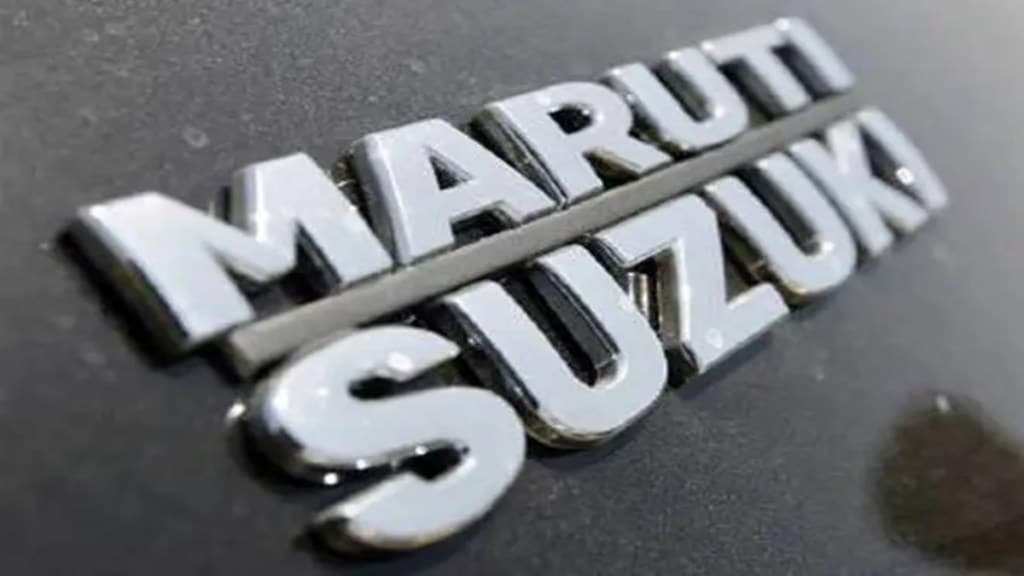Maruti Suzuki chairman RC Bhargava’s comment that the steep 29-50% tax is weighing the car industry down has some merit. As he rightly pointed out, the car industry’s growth has slowed to 3% from 12% in the past 12 years. Car penetration level in India is around 30 cars per thousand people and is going up in the last five years by one person per year. In contrast, the penetration level in China is 170 cars per thousand. So, going by our current rate of growth, it will take us 140 years to reach China’s level. The government should certainly examine the point the auto sector veteran is making. After all, the European Union taxes cars at about 19%, and Japan by about 10%.
Also Read: Maruti Suzuki India onboards Kamarajar port for global exports
However, the other point raised by Bhargava to explain this high rate of taxation is debatable. He said that the philosophy behind the steep taxation on cars is the old socialist mindset that believes in taxing what are deemed as luxury goods at a higher rate than what are seen as non-luxury goods. Since shunning socialist thinking is considered as proxy for right economic thinking, the Maruti chairman is driving the point that it is high time to bring down the taxes on cars as it has a huge multiplier effect when it comes to growing the manufacturing sector and generating employment. Bhargava, as usual, has articulated the point well, but it looks contradictory if seen in the larger context.
Also Read: Maruti Suzuki’s RC Bhargava questions GNCAP’s safety norms for India
Reduction of taxes will lead to a cut in car prices, which will increase the affordability factor and hence demand will rise, seems to be his thesis. But are prices the determining factor in demand and sale of cars? Not really. The phasing out of Maruti 800, once an iconic car, the declining sales of small cars and rise of sports utility vehicle sales, which are priced on the higher side, indicate that consumer preferences have changed irrespective of the price. The rationale that small cars need to be promoted because two-wheeler riders would upgrade to them doesn’t hold true anymore. The entire premise failed in the case of Tata Motors’ Nano some years back. It can thus be argued that price is not that big a factor for the growth of the car industry. The slow rate of growth of the automobile industry in recent years isn’t due to higher price but the overall weakness in the economy, and tax cuts in such circumstances can only be a temporary booster of demand.
Coming to the socialist mindset, it can be argued that taxation as a tool to boost demand is an idea whose time has passed. In fact, in 2019, when the Society of Indian Automobile Manufacturers had urged the government to cut GST on auto to revive falling sales, Bhargava had differed with them stating that the government cannot afford to reduce taxes as it cannot cut back on its social programmes. The socialist mindset also doesn’t hold true because barring guidelines related to emissions and safety, the automobile industry is fully deregulated. The presence of the world’s best manufacturers in the country only goes on to prove that the policies pursued in the sector are mostly on the right course. The success or failure of individual companies or their products are a function of market, and the government has got nothing to do with them.


